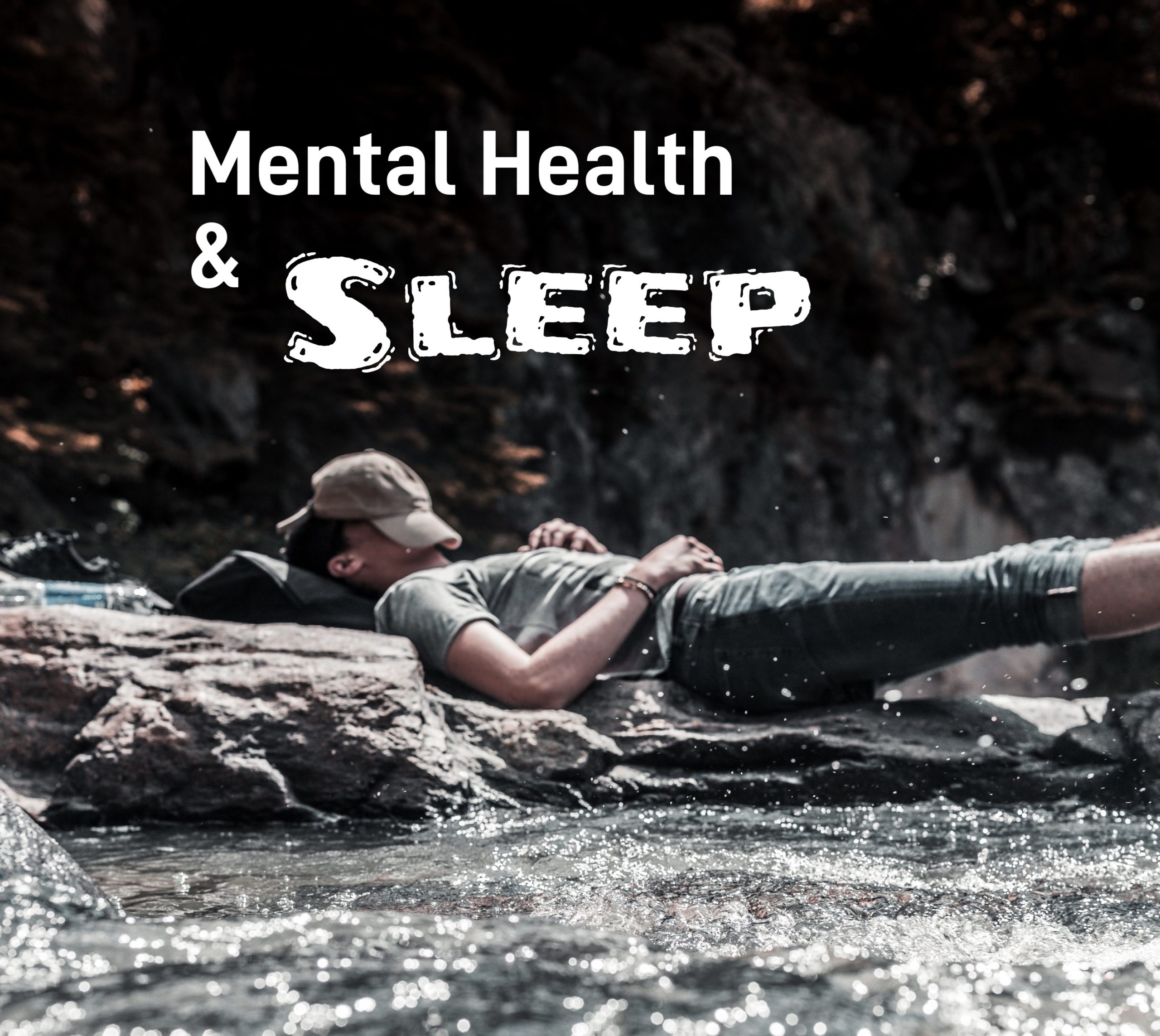
Sleep Is Important For Your Mental Health
It’s well known that everyone needs to get enough sleep and the recommended hours are seven to nine hours a night. But the majority of adults don’t get this basic need filled. It could be long hours at work or other obligations. Sometimes it’s stress that keeps people awake and unable to sleep.
The Right Amount Matters
Why do we need seven to nine hours of sleep each night? It’s an active period when a lot of important processing, restoration and strengthening occurs. Exactly how this happens and why is still somewhat of a mystery. But scientists do understand some of sleep’s critical functions and the reasons we need it for optimal health and well-being. When we stay up too late, our neurons signal slows and impairs memory, attention, thought processes and decision making. Toxins, like those associated with Alzheimer’s, are also removed from the brain while we are asleep. Getting poor sleep also can disrupt hormones and affect mood. It even impairs driving as much as being drunk.
On the other hand, too much sleep can result in the same problems as too little. This includes a higher risk for stroke, cardiovascular diseases, high blood pressure, diabetes and various mental health disorders like depression. Not getting the right amount of sleep is implicated in other mental health disorders like ADHD and anxiety. Those who sleep poorly or don’t feel as rested by sleep might be experiencing more NREM, non-rem sleep. This is lighter and less restorative than REM sleep. REM occurs on average after 90 minutes. A person’s brain rotates through NREM and REM, needing about 4 or 5 of these cycles for full rest.
In mental health disorders impaired sleep can be a symptom. It might not be that simple. In some cases sleep problems and deprivation might precede the development of mental health disorder. This puts a person at a higher risk.
How to Improve Your Sleep
Establish a routine. When a person goes to sleep and wakes up at the same time every day it can help train the brain. It has helps to clear the bedroom of technology. It has been proven to help a person fall asleep easier, deeper and better. Avoid caffeine, alcohol and nicotine at least few hours before going to bed. Find something that is relaxing to do an hour before lying down. Relaxation techniques like yoga, meditation and deep breathing help a person’s mind ease into falling asleep.
What if that’s not enough?
Contact a doctor for a referral or find a therapist. They can work to design a custom plan for wellness. Secure treatment is over the phone or computer with telehealth, providing coping skills for grief, loss, depression and anxiety. They will work with you one-on-one to get you feeling better.
Lifeline Connections is committed to long-term mental wellness for our patients. We offer an integrated, holistic approach that includes therapy and case management. Our doctors specialize in the treatment of co-occurring mental health and substance use disorders, working to solve ones that have a compounding effect. Contact us and reclaim your life.
Sources:
Sleep Foundation Article
